There was a time — not all that long ago — when the arrival of summer holidays could mean only one thing: freedom. Unstructured, idyllic, and bursting with simplicity. The summer closing of the school year was preceded by dusty schoolbags stored in cupboards, neat report cards presented to relatives, and a hastily packed suitcase to travel to grandparents’ houses. Only the mango trees’ calendar, the local cricket matches, and the nocturnal storytelling sessions on rooftops mattered.
As a parent now, I find myself reminiscing at length over the striking difference between such idyllic childhood summers spent doing nothing and the near corporate-level amount of planning involved in going through my own child’s school vacation. Back then, holidays were meant for relaxation and spending time together. Now, they are accompanied by an agenda: holiday work, coding camps, personality development sessions, foundation courses for competitive exams, and skill-building workshops. Along the way with this, the essence of the “holiday” appears to have undergone a complete transformation.
The Happiness of Returning to School — Then and Now
Even resuming school had its own appeal. We didn’t bother with stationery brands or fret over school bag ergonomics. A new set of notebooks wrapped in brown paper, a new bottle of water, maybe a compact lunchbox — and we were set. The first day at school was a meet-and-greet with classmates and teachers, replete with guileless excitement, rather than trepidation over the unit tests already planned for week one.
School preparation today means days of shopping, highly detailed planning, orientation sessions at school, and mental preparation that could match preparation for an interview for a job. The children, already burdened with the expectations of performing well, move into a new grade with stress and detachment, and usually lose the pure joy of learning itself.
Summer holidays in the past meant becoming part of a larger joint family system — living with grandparents, listening to family stories, learning traditional games, and helping with household chores. One learned life skills through imitation and osmosis — helping Dadi roll chapatis or accompanying Nana to the local market. Bonds were built not through workshops, but through shared lives.
Cousins were our fellow conspirators, the veranda was the playground, and evenings were for telling stories. These activities grounded us in culture, identity, and belonging.
Today, holidays are regarded as a time to “invest” in the child — fill gaps, get ahead of the curve. The idea of merely being a child on vacation is growing less common. Parents — good-hearted, sure — feel obligated to make time out of school productive. We place our kids in a merry-go-round of classes and camps, meticulously scheduling each minute. Family time takes a backseat to Zoom yoga or chess class. Grandparents are sometimes limited to FaceTime calls, sandwiched between music lessons and mental arithmetic.
This change isn’t without rhyme. The world is more competitive. Skills must be multi-dimensional. Kids see more, compare more, and are pressured more. We parents want them not to fall behind. We want them to be confident, versatile, and prepared for an unpredictable future.
But in the process, have we produced a climate that’s more stressful than helping? Have we lost sight of the fact that children also learn through boredom, through daydreaming, through experimentation on their own?
While structured learning has its place, unstructured time fosters creativity, self-reflection, and emotional growth. The best conversations happen not when scheduled, but when they arise organically — during a lazy afternoon game, or while sharing a meal without a clock ticking nearby.
As a parent, I don’t believe in rejecting everything new or clinging blindly to the past. But I do believe in balance.
Maybe the perfect summer is not a replication of either trend, but one that finds middle ground. A vacation where a child can have a morning pottery session and afterwards cook pakoras with his grandma in the evening. A break where the study of a new language is combined with playing in the park barefoot. A time when growth is coveted, but emotional repose is not compromised.
Kids don’t require perpetual stimulation. They need substance. They need to be trusted, not constantly scored. And most of all, they need room to explore who they are when they’re not being instructed how to turn out.
The pressure on children today necessarily spills over onto parents as well. We are always at war with ourselves between wanting to provide the best for our children and preserving their innocence. We tread a tightrope — wanting to allow them to breathe while fearing that they might fall behind.
But if we can remind ourselves — and them — that achievement is constructed not just on schedules and skill sets, but on confidence, on resilience, and on love — then maybe we can reinvent our summers and school years to be something more edifying.
So, as we go back to school and again stand in line at bookstores and chore charts, let us take a moment to ask: are we equipping our children with life, or merely the next exam? Are we providing them with happiness, or merely a resume?
Let us let them carry not only heavy backpacks, but also light hearts.
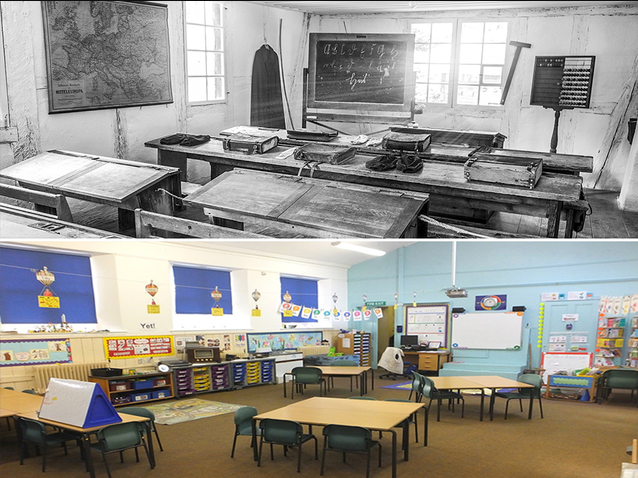
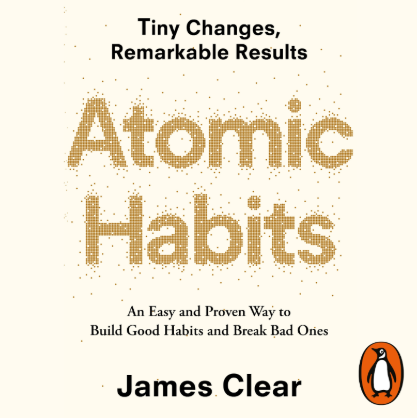)
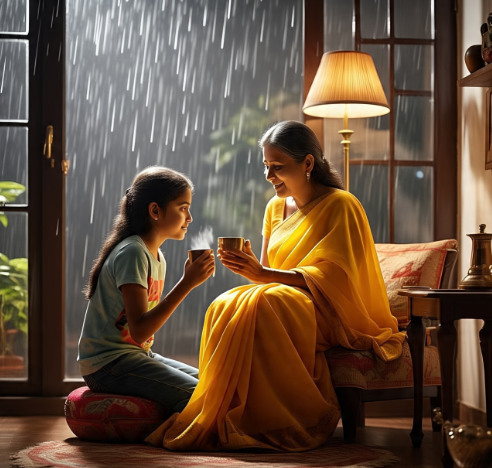)
)
)
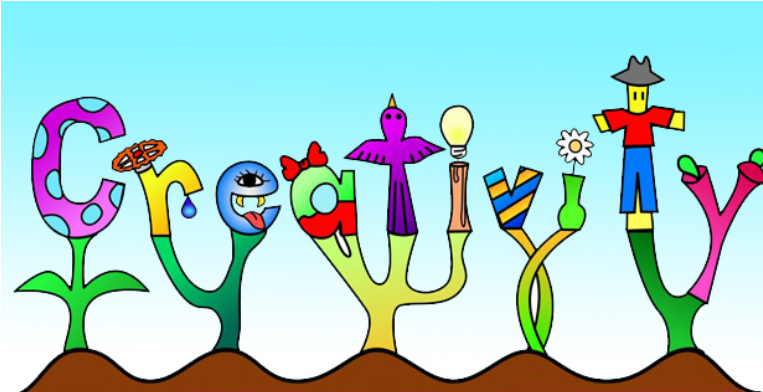)
)
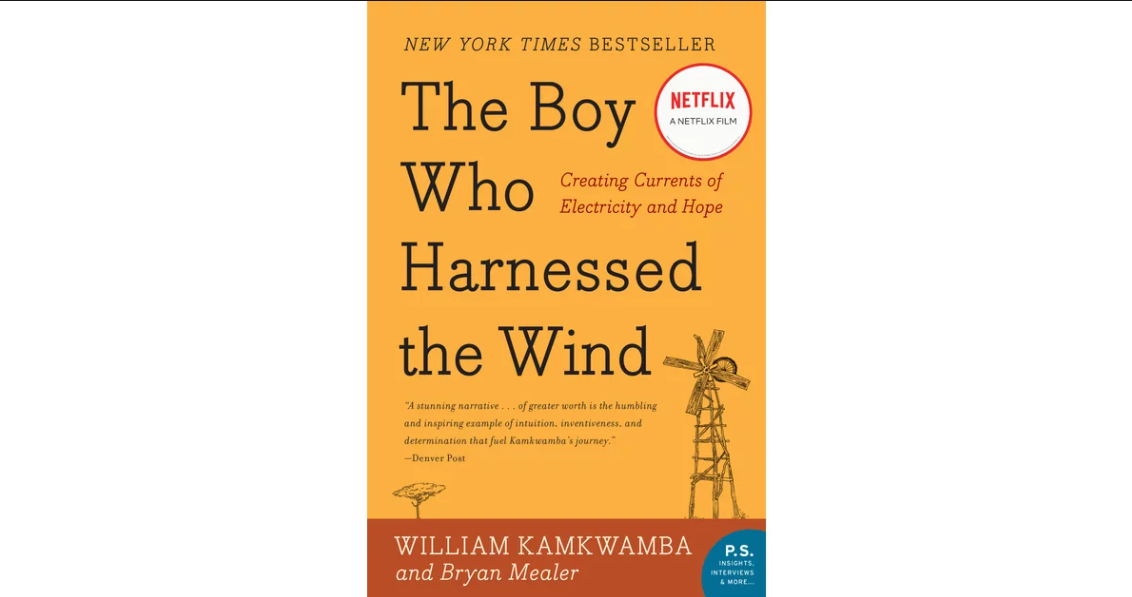)
)
)
)